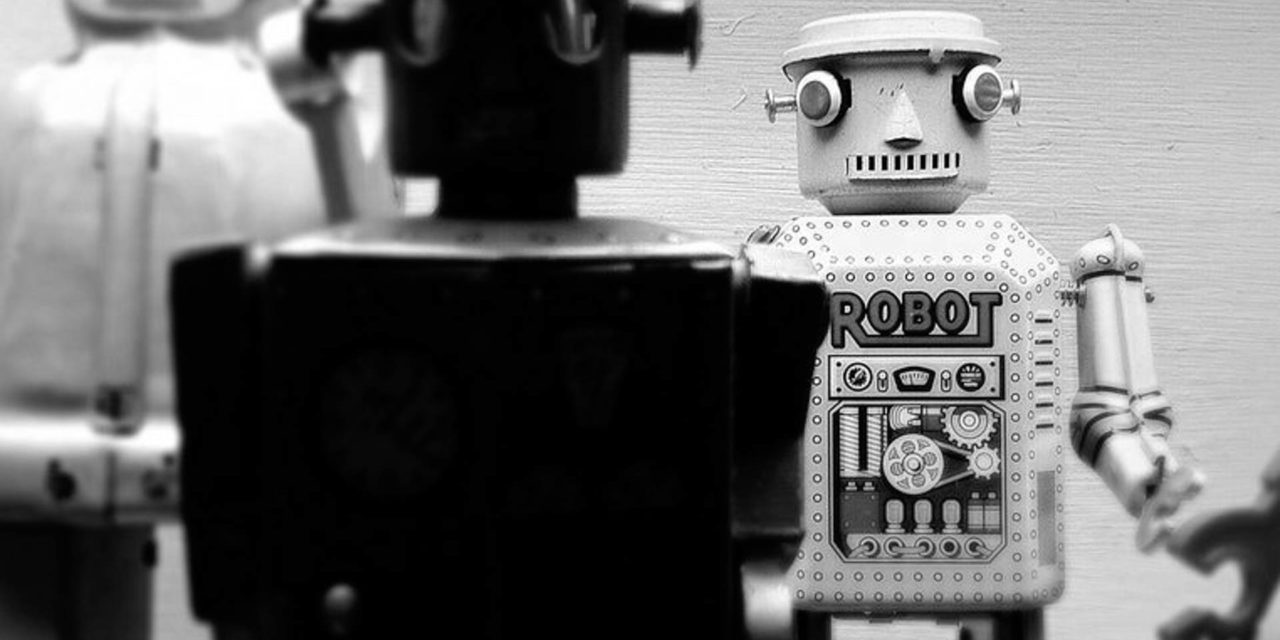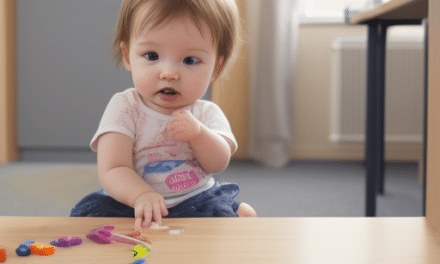I have this irrational fear of starving to death. It’s not debilitating; it doesn’t seem to interfere with me living my life at all, but once in a while I find myself lying awake at night, worrying about money, and how to get more of it. If I examine the fear closely enough, there is some small piece of it that is oriented toward having enough to eat. It doesn’t happen often, but when it does it is almost completely unwarranted. Not debilitating, but totally irrational, given the happy accident of me having been born to white, middle-class parents in the United States. That’s one of the many privileges of being a white male: my worst fears are laughable.
I bring this up because the other day I was at Costco, which serves two particular demographics: 1) people with kids and 2) people who are afraid of starving to death. I was meeting a friend there, but before I left I was cruising Facebook and came across this video of a personable, attractive robot that can make facial expressions, eye contact, remember people and conversations, and is expected to be able to do many jobs in education, therapy, and the service sector.
I didn’t think too much about it and then went to Costco. If you haven’t been to Costco, it’s a good idea to go on an empty stomach. They have a lot of free samples. I always forget not to eat before I go, so usually don’t have much interest in them. This Saturday, however, aside from the usual pulled-pork, and hummus, and chocolate-covered potato chip samples that they always have, they were giving out free samples of gummy vitamins. There was an older woman with latex gloves moving them from the bottles into sample-cups. As she did, she said things. “Multi-vitamins. Men’s and women’s. Free samples. Gummy vitamins.” My friend and I each took one. They were good! My friend asked, “How many of these can I take a day?”
The woman didn’t look up and she didn’t change her monologue of incomplete sentences. I joked to the woman, “These are really good. I could eat a hundred of them!” She didn’t look up and didn’t break monologue. My friend and I looked at each other, shrugged, and walked away. And then I remembered the robot from Facebook. There is no way that a robot would not have been better at this particular job than that woman was. Makes eye-contact? One point, robot! Responds to questions? One point, robot! Will remember me next time I come by? One point to the robot! Final score: Robots – 3, Person – 0. Oh, and by my own subjective criteria, the robot was more attractive than the real live person. So if such things matter to you, that makes it 4-0, robot. Game, set, match.
I’m writing about this here because, after this incident, my irrational fear of starving to death seemed a little more rational. As the man in the above video notes, he expects that robots like these will be able to do service jobs, as well as [gulp] therapy and education. Those latter two are most of what we do. And, frankly, why not have robots do those jobs?! After all, they don’t have off days, they don’t get cranky, they never come into work with a hangover, and they probably don’t cry when you give them corrective feedback. The time is coming when robots will be doing some pretty high-level work, and it’s probably coming sooner than anyone expected. We have to start asking the question: when robots can do most of the work that we do, what are we going to do then?
And, I don’t simply mean what are we, behavior analysts going to do then? In February, Adam Ventura wrote about just this topic and proposed some interesting ideas. Instead, I mean what are we, people, going to do then? It isn’t going to be that long before we don’t need people to drive cars, work the desks at hotels, give free samples at Costco, or count money. We’re already building machines that walk around like humans, lift things, and don’t complain when you bully them.
To that question, I can’t pretend to have an answer. One of the defining features of “the technological singularity,” the point at which artificial intelligence is able to improve upon itself, is that it’s unpredictable. Not simply unpredictable with respect to when or if such a time will come, but also with respect to what it will look like. My apologies if you were expecting me to make predictions about something that is, by definition, unpredictable. I won’t be so arrogant.
But on the other hand, I’ll happily (and perhaps arrogantly) give advice about what we – behavior analysts, this time – should do, assuming its inevitability. We should get more interested in human phenomena. And I don’t mean we should do more work with people; we already do a lot of that. I mean we should get more interested and do more work with those things that, as far as we know, are uniquely human things. We should be more concerned about helping people love each other, forgiving each other, and letting go of their regrets and resentments. We might get interested in the conditions under which we pursue our passions, and when we give up on them and turn cynical. We could investigate how we find meaning in our lives and a sense of purpose, and fulfillment, satisfaction, and joy. If we do this, we might be able to build a world where we experience all of these things when we don’t have to worry about finding food anymore.
Or, at the very least, the robots might program themselves to build that world for us.
So what will you do when robots take over?









